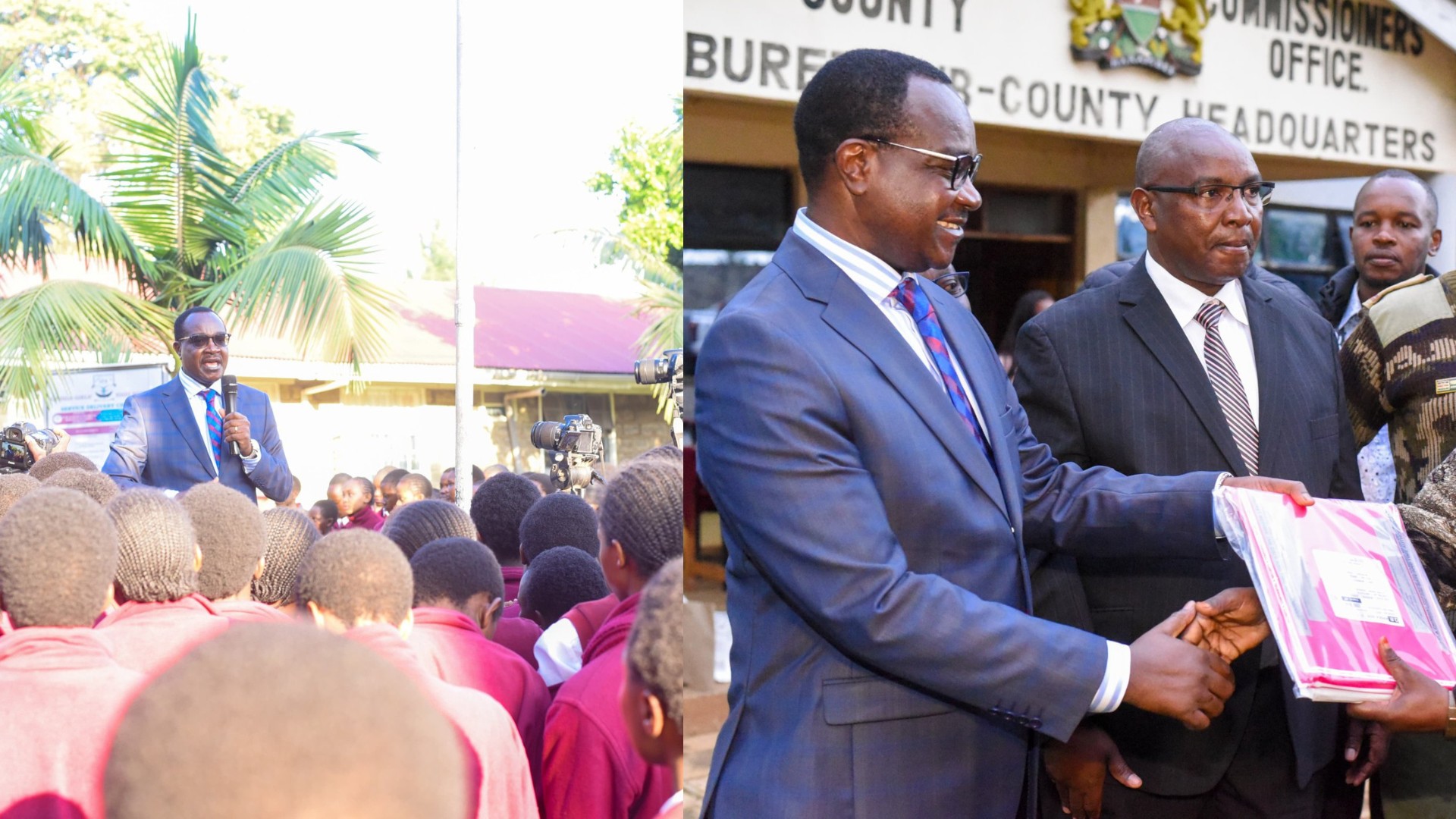This year’s assessment period is not merely a formality. It is a massive logistical and integrity operation, orchestrated by the Ministry of Education and designed to deliver what officials describe as the most credible results in recent history.
On the morning of October 27, 2025, the rhythm of classrooms across Kenya shifted. Textbooks were set aside. Silence settled in. And over 3.4 million candidates began the solemn march through the country’s most consequential academic rite: national assessments.
From Grade 6 to Grade 9, learners are sitting for the Kenya Primary School Education Assessment (KPSEA), the Kenya Junior School Education Assessment (KJSEA), the Kenya Intermediate Level Education Assessment (KILEA), and the Kenya Pre-Vocational Level Education Assessment—each tailored to a specific stage in the evolving Competency-Based Curriculum (CBC) and special needs education pathways.
This year’s assessment period is not merely a formality. It is a massive logistical and integrity operation, orchestrated by the Ministry of Education and designed to deliver what officials describe as the most credible results in recent history.
The Cabinet Secretary (CS) for Education Julius Ogamba has emphasized the Ministry’s unwavering commitment to transparency and fairness.
“These measures are aimed at ensuring that the results reflect the honest work and effort of the candidates,” he said, citing enhanced security features, personalized question papers, and strict phone protocols as part of the Ministry’s arsenal against malpractice.
Read More
CS Ogamba personally opened the Kenya National Examinations Council (KNEC) container at the Bureti Deputy County Commissioner’s Offices in Litein, Kericho County—marking the official start of the examination season in the region and reinforcing the government’s hands-on approach.
These assessments represent more than academic checkpoints. They are milestones in Kenya’s ambitious transition from the 8-4-4 system to the CBC. As Grade 6 and Grade 9 learners navigate the new curriculum’s demands, their older peers in Form Four are closing the final chapter of the 8-4-4 era. KCSE candidates began their practical and oral exams earlier in October, with the main theoretical papers scheduled to run through November.
Coordinating these simultaneous, high-stakes assessments requires a fortress-like approach to security—one the Ministry has fully embraced. From early morning container openings to multi-agency surveillance, the system is designed to leave no room for compromise.
Principal Secretary Julius Bitok echoed this resolve: “As a ministry we have done our best to ensure that everything is ready and all examinations have been prepared. We don't expect anything short of professional administration of KPSEA, KJSEA, and KCSE.”
His words underscore a zero-tolerance stance on shortcuts and a high-level directive that results must reflect genuine student effort.
Yet, beyond the official machinery, a different kind of support has emerged—unconventional, digital, and wildly popular. Embakasi East MP Babu Owino has once again stepped into the national spotlight, not with policy, but with pedagogy.
His viral online revision classes, especially in mathematics, have become a lifeline for KCSE candidates. Free, accessible, and often delivered with flair, these sessions exemplify how non-traditional actors can bridge educational gaps and rally public support during a high-pressure season.
As examination papers move from secure containers to desks in schools across urban centres and remote villages, the weight of expectation is palpable. This season is a test not just of knowledge, but of Kenya’s institutional capacity to uphold integrity, logistical excellence, and the national promise: that every child deserves a fair shot at a future forged through honest effort.
Stay connected with us on WhatsApp and X for instant updates and breaking news as it happens.










